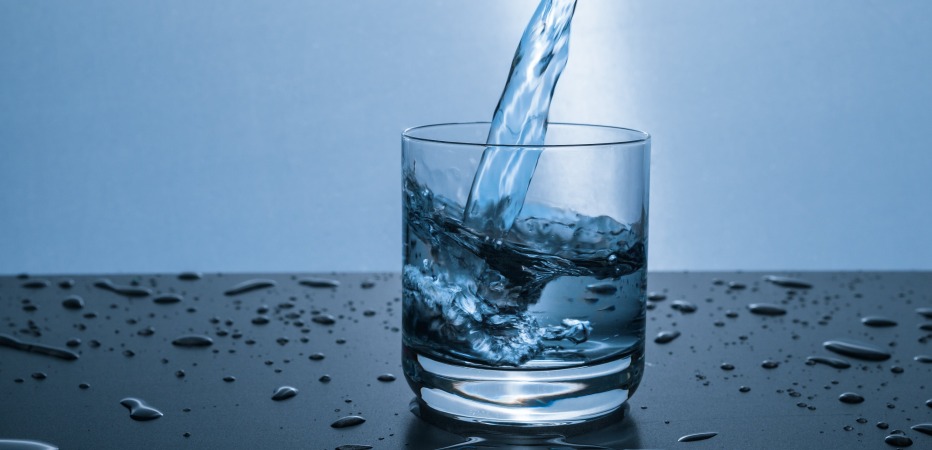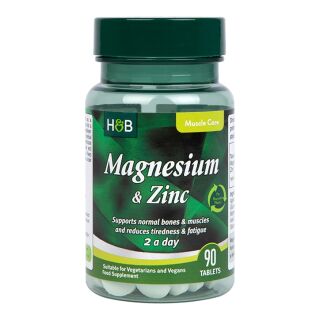What can cause water retention?
Alcohol is not processed in the same way in the body as other drinks and foods, so it may take longer to be eliminated from the body. It also slows down the digestion of other substances, which can lead to water retention.
Some medications cause the body to retain water, increase appetite or affect metabolic function. This includes:
- Insulin
- B-adrenergic blockers
- Antidepressants
- Selective serotonin reuptake inhibitors
- Lithium
- Menstrual cycle
Menstrual cycle can cause the body to retain more water, during certain times of the month, resulting in a slight weight gain. You may notice that the starting weight is a little higher than normal on the first day of your period. Your daily weight should return to average within a few days of the start of your cycle.
Your weight may increase or decrease due to illness, such as the flu or as a result of a chronic condition. Medical conditions such as hypothyroidism, Cushing's syndrome and Polycystic Ovarian Syndrome (PCOS) can lead to unexpected weight gain.
Try to reduce foods that are higher in sodium from your diet. Usually, processed foods (cookies, chocolates, crackers, etc.) are high in salt, contributing greatly to fluid retention in the body. In addition, try to regulate the amount of salt you add to your food (or minimize it to half the amount you usually add). Add flavor to your food with a variety of herbs and spices, as a healthier alternative to additional salt.
What can I do about water retention?
- Increase your potassium intake
Potassium is an important electrolyte, involved in regulating fluid balance. It helps counteract the effects of sodium, by increasing urine excretion and production. This could help prevent water retention and fluid retention.
Eating more potassium-rich foods may be beneficial in reducing fluid retention. These may include:
- Potatoes
- Apricots
- Spinach
- Tomatoes
- Lentils
- Poultry
- Seafood
- Dairy products
- Adjust your salt intake
Sodium is one of the most common electrolytes in the human body and is obtained daily from salt. It plays an important role in hydration levels. If sodium levels are too low or too high, this will lead to fluid imbalances within the body.
Increased sodium intake can directly contribute to increased fluid retention. However, this seems to depend on many factors, including:
- Current daily sodium intake
- Underlying conditions, such as heart failure or chronic kidney disease
- Try a magnesium supplement
Magnesium is another essential mineral and an important electrolyte, involved in more than 300 biochemical processes in the human body, including managing hydration and fluid retention levels. Studies show that
magnesium can alleviate symptoms of premenstrual syndrome (PMS), such as extra fluid retention.
In addition to
magnesium supplements,
magnesium-rich foods are recommended. These include dark green leafy vegetables, nuts, seeds and whole grains.
Dandelion, also known as Taraxacum officinale, is a herb used in alternative medicine to help reduce water retention. Dandelion and nettle supplements or teas can help you lose water, by signaling the kidneys to excrete more urine and extra salt or sodium.
- Enrich your diet with certain foods and herbs
Certain foods and herbs can help you eliminate water retention, such as:
Eating a healthy, balanced diet equal to the number of calories your body uses daily can reduce the chances of significant weight fluctuation over time.
- Adjust your carbohydrate intake
Regulating
carbohydrate intake is a common strategy for quickly reducing excess water retention.
Carbohydrates are stored in the muscles and liver as glycogen. However, glycogen retains a large amount of water, when stored. Approximately 3-4g of water can be stored for every g of glycogen. This may be why people experience immediate weight loss when they switch to a low-carbohydrate diet, which reduces glycogen stores.
Increased
carbohydrate intake can also increase insulin levels. This could increase sodium retention and water reabsorption in the kidneys. Low-carbohydrate diets lead to a drop in insulin levels, which could lead to loss of sodium and water from the kidneys.
- Increase your intake of fluids and beverages such as tea and/or coffee
Caffeine and caffeine-containing
beverages such as coffee and tea can help you reduce water retention. Caffeine has a
mild diuretic effect and can increase short-term urine production. This could increase the amount of water that leaves the body.
How long does fluid retention last?
Short-term fluid retention may go away on its own or after exercise, returning to a well-balanced diet or until your hormones balance out. If, however, water retention still remains, may be a sign of edema, which may require medical treatment.
In conclusion…
Fluid retention is not usually a cause for concern, but it can be uncomfortable and repetitive. Reducing salt intake and regulating carbohydrate intake, staying hydrated and exercising frequently are all good ways to reduce retention and prevent it from returning.
Scientific references
WHO (2012). A Manual for Physicians and Other Senior Health Workers.
Popkin B.M., D’Anci K.E., Rosenberg I.H.(2010). Water, hydration, and health. Nutr. Rev. ;68:439–458.
Liu K., Pei L., Gao Y., Zhao L., Fang H., Bunda B., Fisher L., Wang Y., Li S., Li Y., et al. (2019). Dehydration status predicts short-term and long-term outcomes in patients with cerebral venous thrombosis. Neurocrit. Care. ;30:478–483.
Krabak B.J., Lipman G.S., Waite B.L., Rundell S.D. (2017). Exercise-associated hyponatremia, hypernatremia, and hydration status in multistage ultramarathons. Wilderness Environ. Med. ;28:291–298.





























